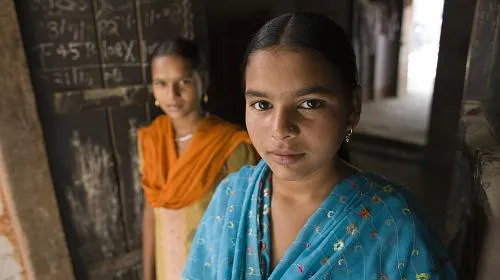ATLANTA (October 22, 2012) – With the presidential debate focused on U.S. foreign policy today in Boca Raton, Florida, the global humanitarian organization CARE urges both candidates to emphasize the importance of continuing the fight against poverty and investing in women and girls.
As a result of U.S. global assistance over the last 60 years, there have been significant improvements in the lives of the poor, including women and girls. These investments have led to a decline in maternal and child mortality rates. Literacy rates have increased and economic opportunities for women have expanded in the developing world. Yet these investments represent just one percent of the federal budget.
Life expectancy in the developing world has increased by about 33 percent, and the number of the world’s chronically undernourished has been reduced by 50 percent. Literacy rates are up 33 percent worldwide in the last 25 years, and primary school enrollment has tripled in that period.
Last year alone, CARE helped women and girls with more than 1,105 innovative health, economic empowerment, education and poverty fighting programs around the world. CARE believes that by empowering marginalized women and girls and equipping them with the proper resources, they have the power to help whole families and entire communities escape poverty.
“You can’t marginalize more than half of the globe’s population and expect to see any meaningful solutions to the problems that ail the world,” said Helene Gayle, president and CEO of CARE.
For example, in Bangladesh over the last four years, CARE and U.S. Agency for International Development (USAID) combined women’s empowerment interventions with a program aiming to reduce child malnutrition. The program named SHOUHARDO is the largest non-emergency USAID food security program in the world. It reduced rates of child stunting at twice the rate of regular nutrition programs without a women’s empowerment component.
The U.S. foreign aid budget is critical to supporting programs like SHOUHARDO, reducing extreme poverty and helping the more than one billion people around the world struggling to survive on less than $1 a day.
Media Contacts:
Stephanie Chen, CARE, schen@care.org, 1.202.5959.2824
Nicole Harris, CARE, nharris@care.org, 1.404.979.9503

